The Rising Need for Smarter Security in 2025
First, a sobering fact: things have changed in the world over the past five years. or even the previous year. Most homeowners and business owners are unaware of how quickly security threats, both digital and physical, have changed. That tranquil feeling of security we used to take for granted? These days, it needs to be purposefully created, continuously improved, and strategically maintained.
By 2025, smart security will be a necessity. It’s a need, a way of life, and, to be honest, a duty—to yourself, your family, and your company.
We’re not just talking about motion lights and door locks anymore. We’re diving into:
-
AI-enabled surveillance that understands context.
-
Biometric access for homes and offices.
-
Integrated emergency response systems.
-
Cloud-based monitoring accessible from your smartwatch.
And that’s just the beginning.
Therefore, this is the year to either catch up or fall behind, regardless of whether you’re working remotely at a chain of retail stores or sipping espresso in your home office.
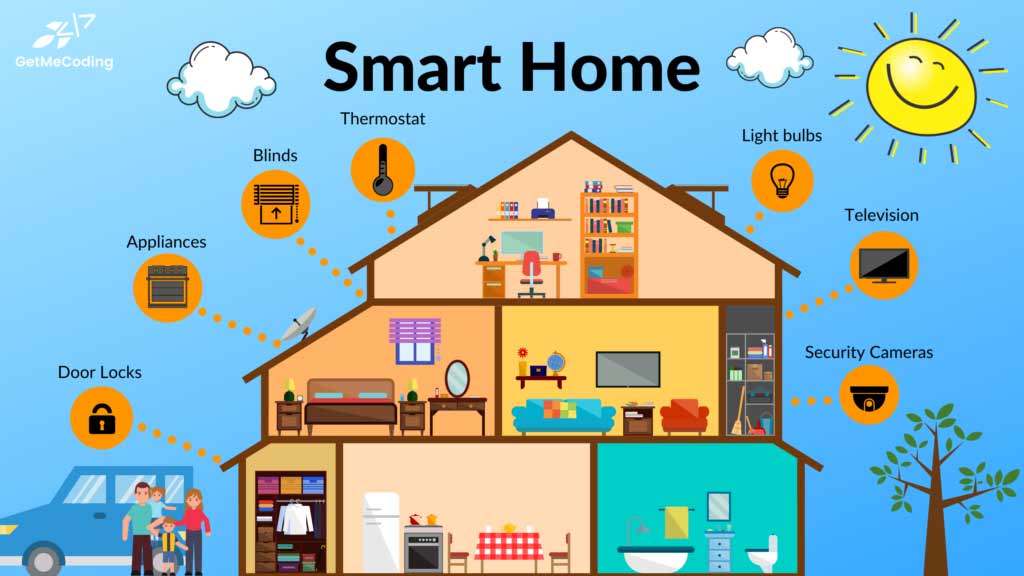
GetMeCoding-Smart-home-Security-Tips-1024×576
Understanding the Shift: Why 2025 Is a Pivotal Year for Security
2025 marks a turning point for many reasons:
-
Cybercrime is now the #1 global threat, surpassing even physical theft.
-
Home burglaries are increasingly tech-savvy, using Wi-Fi jammers, drone scouting, and AI scraping.
-
The remote work era means your home is your office—and your vulnerabilities have multiplied.
-
Insurance companies are now offering discounts for smart security systems, making the upgrade more affordable than ever.
This new reality demands a proactive mindset.
If you’re still relying on outdated locks, analog CCTV, or just “hoping for the best,” you’re not just behind—you’re exposed.
Smart Security Is Emotional Security
Let’s take a brief break from the technical discussion.
This goes beyond sensors and algorithms. It has to do with mental tranquility. being able to travel for work knowing your children are safe. being able to use voice commands to check on your elderly parents’ home. receiving a prompt notification in the event that your smart lock is forced.
The ability to work remotely, travel safely, sleep better, or simply leave your home without feeling anxious is what security is all about.
Every upgrade we’ll talk about isn’t just smart because of this.
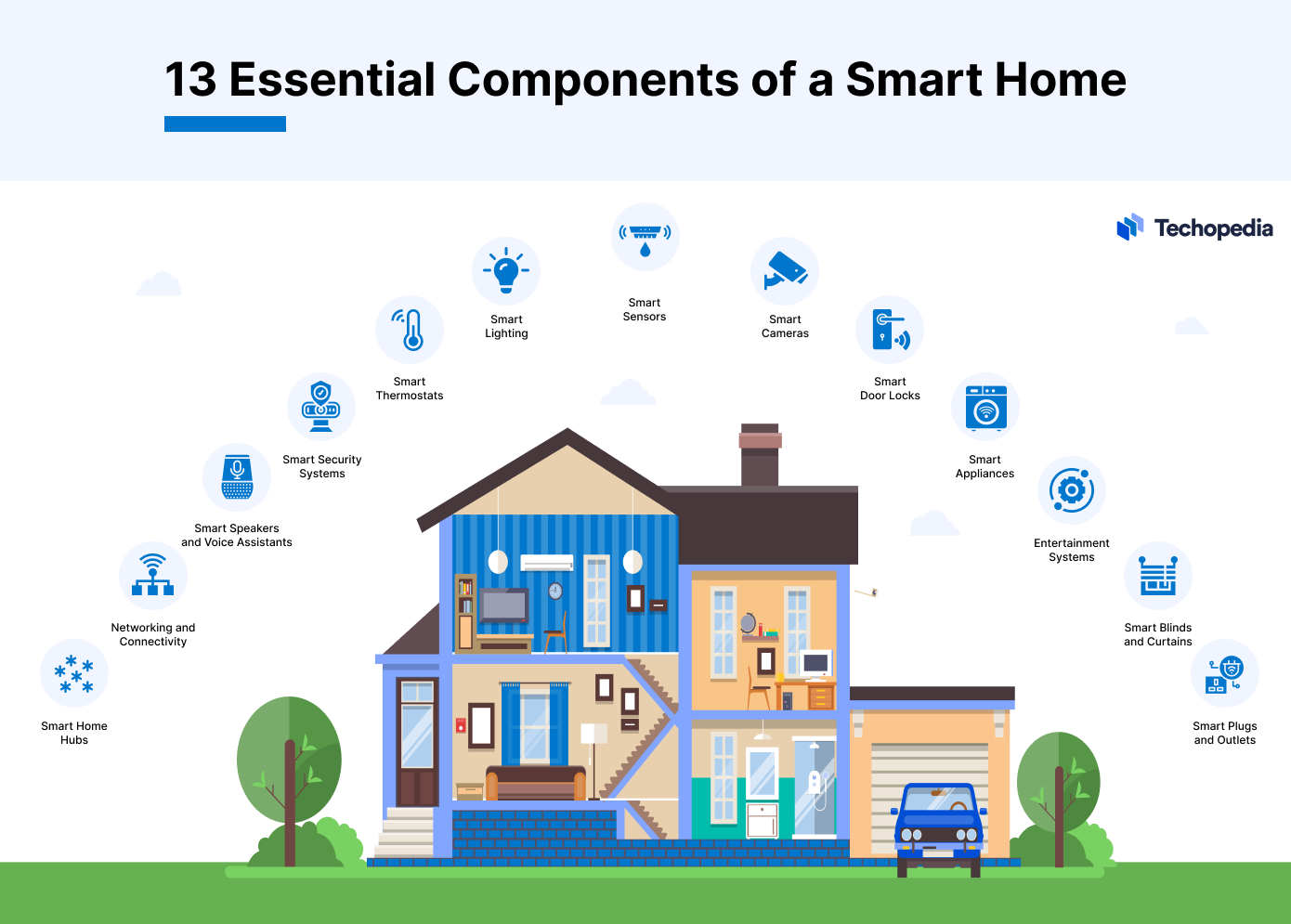
Smart Home Security Tips
It’s intimate.
Core Components of a Modern Smart Security System
Let’s define the fundamental ecosystem before getting into products, trends, and innovations. Every strong smart security system that is prepared for 2025 should have:
1. Smart Surveillance Cameras (AI + Cloud-Enabled)
-
Real-time facial recognition.
-
Object tracking and activity-based alerts.
-
Night vision + 4K streaming.
-
Cloud backup + local encryption.
2. Smart Locks & Biometric Entry
-
Fingerprint and retina scanners.
-
PIN codes with remote access.
-
Temporary virtual keys for guests/delivery.
3. Entry Sensors & Glass Break Detectors
-
Smart door/window sensors connected to your mobile.
-
Glass break microphones tuned to frequencies.
4. AI-Powered Motion Detectors
-
Differentiates between a dog, a person, and wind-blown trash.
-
Auto-disable when household members are detected.
5. Integrated Emergency Systems
-
Fire, smoke, CO2, and flood sensors.
-
One-touch panic buttons.
-
Automatic 911 dispatch via AI interpretation.
6. Voice + App Control Integration
-
Control everything from Alexa, Google Home, or Apple HomeKit.
-
Set security modes: Sleep, Away, Vacation, etc.
Emerging Trends in 2025 Smart Security
Now, let’s explore what’s new, innovative, and essential this year:
1. AI-Driven Threat Prediction
Imagine a system that learns your family’s routine and identifies anomalies before they become threats. For example:
-
“John is usually home by 6 PM. It’s 9 PM, and the door hasn’t opened.”
-
“There’s movement in the backyard at 2:12 AM… but no corresponding gate activity.”
That’s what predictive AI is offering now.
2. Geofencing & Behavioral Automation
Your home knows when you’re nearby.
-
Lights turn on as you pull into the driveway.
-
Security arms itself once your phone leaves the premises.
3. Multi-Sensor Fusion
Advanced systems combine data from various sensors to improve accuracy and context. Example:
-
Motion sensor + sound sensor + thermal imaging = True human presence, not just a bird.
4. Drone-Based Surveillance for Large Properties
Yes, drones.
Automated aerial security patrols can now circle your estate, farm, or warehouse perimeter and stream live feeds directly to your phone.
5. Encrypted Video Storage with Blockchain Verification
No more hacking your camera feeds. Video logs are now time-stamped, encrypted, and verified via blockchain tech to ensure authenticity.
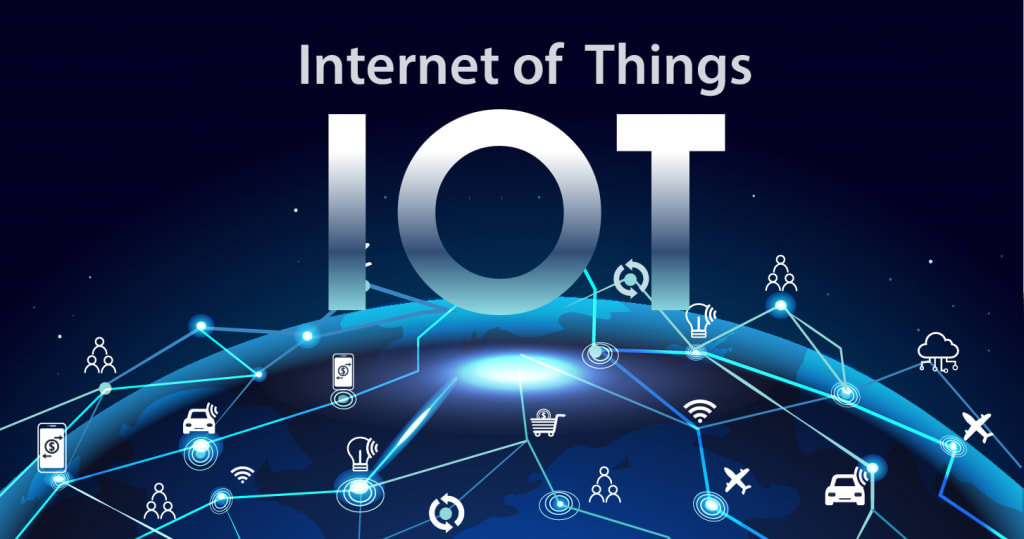
Smart Security Cameras and Video Doorbells: Eyes on Your Home
Case Study: The Johnson Family’s Smart Security Overhaul
“We didn’t realize how vulnerable we were… until it was too late.”
That’s how Sarah Johnson described the break-in that triggered a total transformation of her home’s security system.
Before:
-
One analog camera at the door.
-
Basic motion sensor inside.
-
No remote access.
After:
-
AI facial recognition system.
-
Voice-controlled door lock with individual codes.
-
Geofenced lighting and alarm triggers.
-
Indoor baby monitor cam with real-time alerts.
Result:
-
Insurance premium dropped 22%.
-
Neighbor requested same setup.
-
Family reported “dramatic increase in peace of mind.”
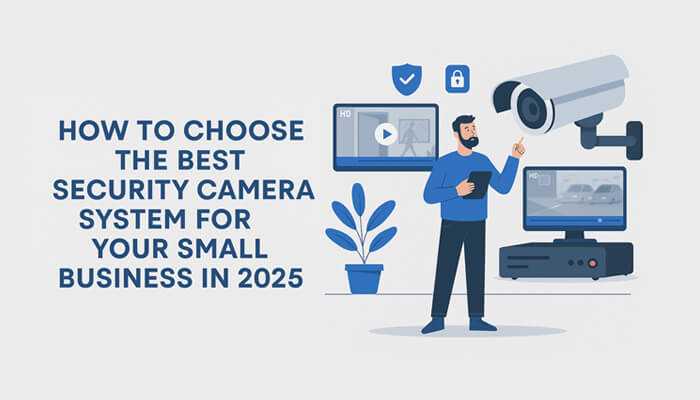
Smart-Home-security
Comparing Traditional vs. Smart Security Systems
Here’s a helpful table to see just how wide the gap is:
| Feature | Traditional Security | Smart Security 2025 |
|---|---|---|
| Surveillance | Basic CCTV | AI-enabled 4K video + facial recognition |
| Accessibility | Local-only | Cloud + App + Voice |
| Alerts | Audible alarm | Multi-channel (app, email, voice, SMS) |
| Integration | Standalone devices | Fully integrated ecosystem |
| Emergency Dispatch | Manual (call 911) | Auto-dispatch based on real-time analytics |
| User Control | Physical only | Remote, real-time, from anywhere |
| Maintenance & Upgrades | Manual/rare | OTA updates + AI self-learning |
| Energy Use | Passive | Energy-efficient + automation |
| Personalization | None | Customized routines & geofencing |
Psychology of Safety: Why It’s Worth Every Dollar
Let’s not kid ourselves: smart security upgrades cost money.
But here’s what you’re really investing in:
-
Your child’s uninterrupted sleep.
-
Your partner’s stress-free commute.
-
Your ability to travel without second-guessing.
-
Your client data’s integrity.
-
Your time—not spent worrying.
How can peace of mind be valued?
You don’t.
You put money into it.
And it repays you daily.
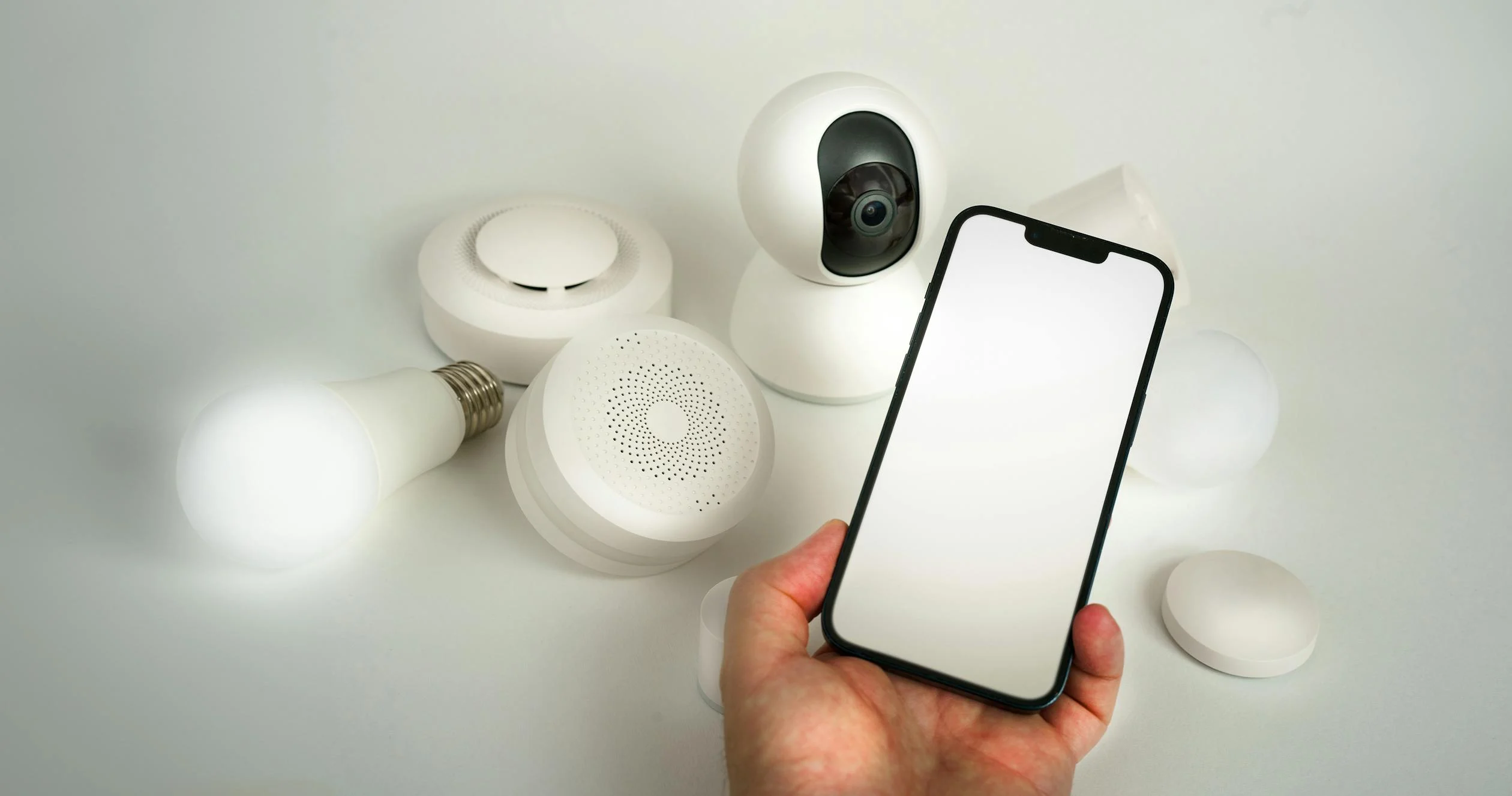
Smart Security for Home
Conclusion of Part 1: Security Is No Longer a Passive Concept
It’s time to change your perspective if security is still something “you hope works.”
Smart prevention, not just reaction, is the key to modern security.
It’s about being present even when you’re not.
It’s about better and faster systems that think and adapt like you do.
Building Smarter Defenses: Layering Your 2025 Home with Intelligent Security Systems
In the first section of this post, we set the emotional foundation for why smart security is more than just technology; it’s a daily armor for our homes and businesses, peace of mind, and legacy protection. Let’s now get pragmatic and expand on that emotional foundation.
This chapter explores current technologies, real-world applications, and how strategically layering security in 2025 can provide 360-degree protection without turning your area into a fortress.
1. Layered Security: The 2025 Way
The days of needing just one lock and one alarm are long gone. Layered security, each addressing a distinct vulnerability, is essential for effective home and business protection in 2025.
Here’s a basic breakdown:
| Security Layer | Purpose | Smart Tech to Use |
|---|---|---|
| Perimeter Detection | Deter intruders from approaching property | Smart fences, laser tripwires, thermal cameras |
| Entry Points | Control access to doors/windows | Smart locks, facial recognition, break sensors |
| Interior Monitoring | Detect internal threats | AI-enabled motion sensors, indoor cameras |
| Cybersecurity Layer | Protect connected devices from hacks | Firewalls, encrypted routers, VPN smart hubs |
| Emergency Response | React to break-ins, fire, or gas leaks | Automated emergency calls, IoT sensors |
Each layer supports the next. Skipping one leaves a gap. Combining them creates a net too tight for threats to slip through.
2. AI-Driven Surveillance Cameras: Watchful, Wise, and Discreet
Cameras in 2025 don’t just record—they think.
Modern security cams can:
-
Recognize faces (friend vs. intruder)
-
Track license plates
-
Alert you only to meaningful events
-
Learn routines to flag unusual behavior
Let’s talk about true AI-enhanced cameras:
-
Google Nest Cam IQ: Detects person vs. object with 4K sensors.
-
Arlo Ultra 2: Color night vision and full object tracking.
-
Deep Sentinel: Includes live guards who can talk through the cam.
With features like pet detection, privacy settings, and cloud AI training, you’re doing more than just watching; you’re strategically assessing your surroundings.
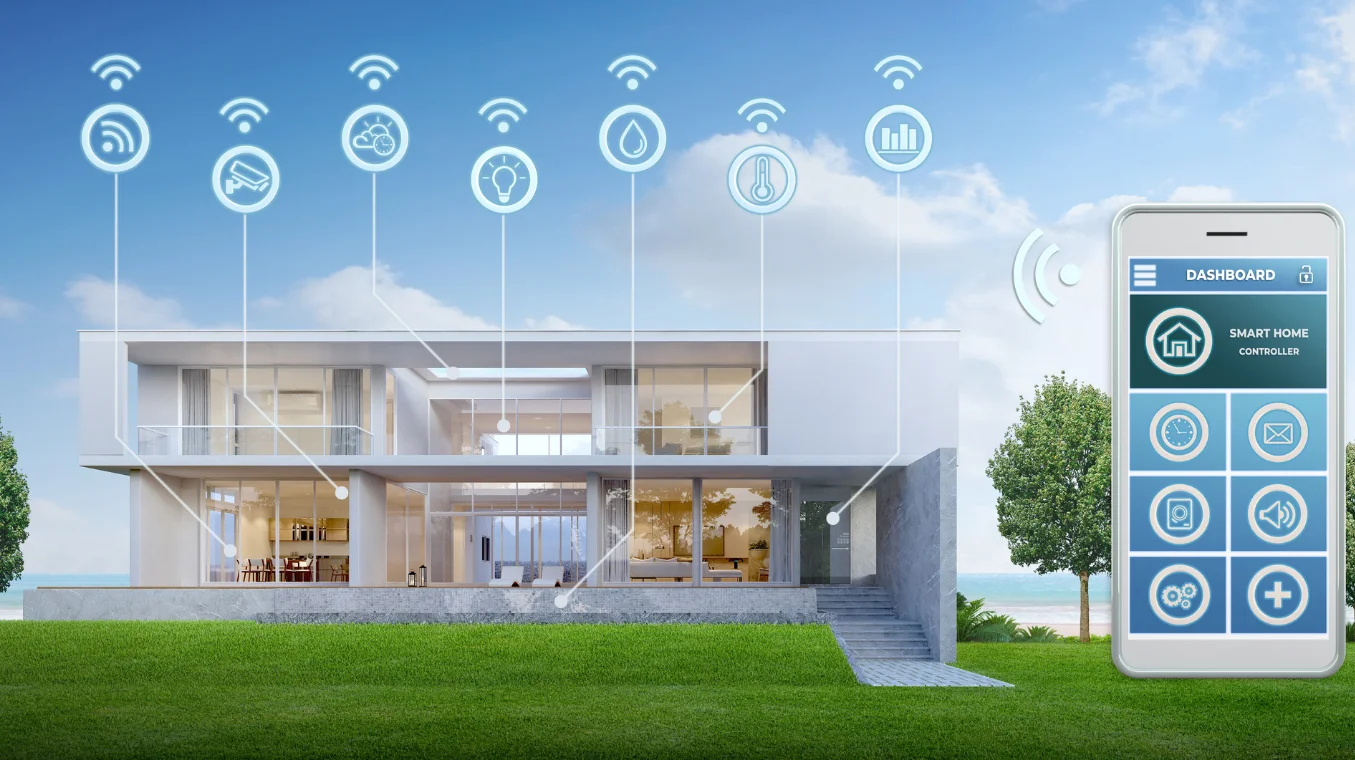
Smart-Security-Systems
3. Smart Locks: Trust, Verified
Let’s be honest. Physical keys feel medieval.
In 2025, smart locks have matured into high-trust, ultra-personal security tools.
-
Biometric Locks: Fingerprint or palm recognition (like Level Lock Touch)
-
Facial Recognition: As seen in eufy Security Smart Lock series
-
One-Time Codes: For guests, cleaners, deliveries
-
Geo-Fencing Access: Unlocks when your phone gets near
You’re not just locking a door. You’re customizing access like a VIP guest list, every day.
4. Proactive Threat Response: Automating Action Before It’s Too Late
True innovation lies in prevention, not just detection.
In 2025, you can set your system to:
-
Call emergency services when smoke is detected.
-
Lock down all doors if an intruder is detected.
-
Send a drone to patrol your backyard when movement is spotted.
-
Turn on floodlights + sound alarms for perimeter breaches.
You’re not reacting to threats anymore. You’re beating them to the punch.
5. Business Security: Where It Gets Even Smarter
Smart security is scaling fast in business. Some amazing 2025 trends:
-
IoT Sensor Networks: Every window, HVAC, and server monitored 24/7.
-
Occupancy-Based Access: Certain areas only unlock if both ID + purpose are verified.
-
AI-based Threat Prediction: Systems learn from past incidents to forecast future risks.
Even retail stores now use AI security mirrors that detect shoplifting behaviors in real-time.
| Business Type | Recommended Smart Security |
|---|---|
| Retail Stores | Smart CCTV + behavioral AI analytics |
| Warehouses | 360-degree motion and fire detection |
| Offices | Biometric entry + remote lockdown options |
| Clinics & Labs | Sterile-access doors + sensitive inventory sensors |
The cost of a data breach or theft can cripple a business. In 2025, protection isn’t optional—it’s integral.
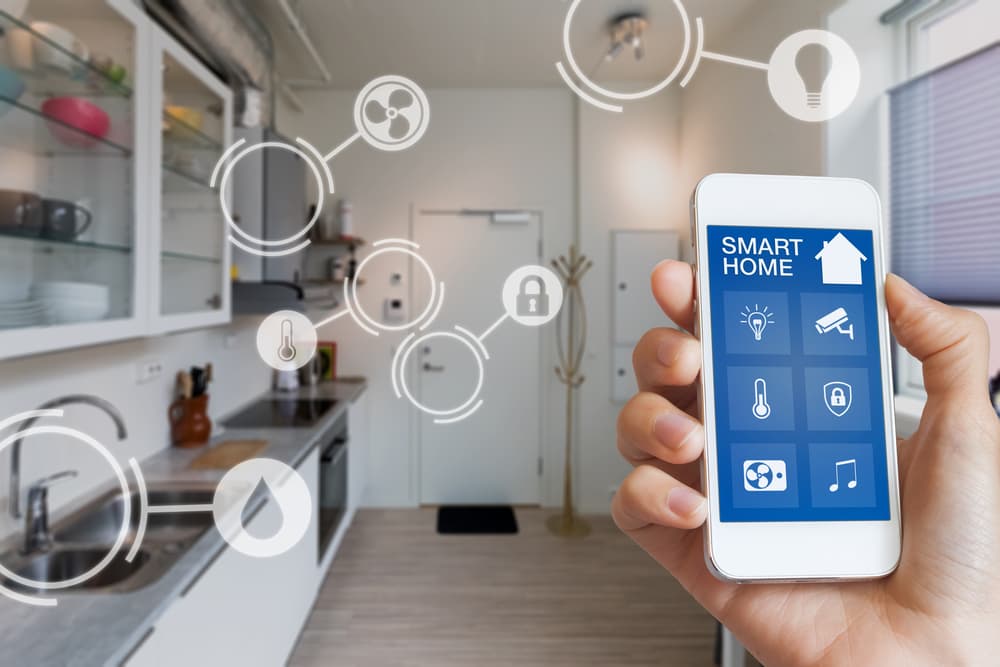
everything-you-need-to-know-about-smart-security-systems
6. Integrating with Smart Home Ecosystems
Want to lock your door, turn on security lights, and arm your cameras with a single sentence?
Thanks to integrations with:
-
Amazon Alexa
-
Google Assistant
-
Apple HomeKit
-
Samsung SmartThings
…you can now create scenes and routines that simplify protection:
Example:
“Goodnight Mode”:
-
Arms cameras
-
Locks doors
-
Turns on motion-sensor perimeter lights
-
Lowers thermostat
-
Plays white noise indoors
Security isn’t separate from your life—it’s woven in seamlessly.
7. Humanizing Your Security: Trust and Emotional Comfort
You’re not installing this gear just for safety. You’re doing it for:
-
The ease of mind when your kid gets home safely.
-
The relief of knowing someone won’t steal your packages.
-
The freedom to travel without checking cameras every 5 minutes.
Fear is humanized by smart security. It creates order out of chaos. In a profoundly personal way rather than a mechanical one, it makes homes feel safer and businesses feel stronger.
8. Emotional Anchor: From Protection to Empowerment
Security isn’t just a lock or camera. It’s a message.
It tells your family:
“I care enough to protect you, even when I’m not home.”
It tells your employees:
“This is a place of safety and trust.”
And it tells intruders:
“This is one door you’ll never walk through.”
✅ Backlinks for Further Reading
Revolutionizing Everyday Security: The Tech of Tomorrow in Your Hands
2025 is a new era in security, not just a new year. Your doorbell has evolved from a simple button to a round-the-clock security system. Artificial intelligence (AI)-powered sensors can distinguish between your dog and an intruder, and your windows can sound an alert when they are disturbed. This final section will cover the most important improvements and future innovations, compare costs and values, provide a customized guide for various home and business types, and, lastly, address your most important queries.
The 10 Most Powerful Smart Security Upgrades of 2025
Let’s go deeper than just “get a camera.” These are the standout technologies you need to seriously consider this year:
1. Autonomous AI-Driven Surveillance Drones
-
Use case: Real-time aerial patrol for large homes, farms, and business compounds.
-
Features: Auto-pilot mode, facial recognition, intruder heat tracking, cloud recording.
-
Why it matters: Reduces blind spots, helps in large perimeters, provides quick coverage.
2. Matter-Compatible Devices Integration
-
What is it: A universal standard enabling all smart security devices to talk to each other.
-
Impact: Seamless integration between cameras, sensors, locks, and lighting—regardless of brand.
3. Biometric Multi-Layered Entry Systems
-
Beyond fingerprinting: Now includes palm vein mapping, voice authentication, and gait recognition.
-
Perfect for: High-security offices, vaults, or even luxury homes with sensitive data access needs.
4. AI Threat Prediction & Behavior Mapping
-
How it works: Systems that learn daily routines and flag anomalies.
-
Think: A system that knows you usually leave by 8 AM—and alerts you if someone tries to access the house at 3 AM.
5. Decoy Systems & Adaptive Intruder Misdirection
-
Overview: Cameras or motion triggers that fake activity (e.g., barking dog sounds, fake lights).
-
Best for: Budget-conscious users or renters.
6. Smart Garage & Entryway Control Systems
-
With features like: One-time guest codes, live package drop verification, and alerts if left open.
7. Encrypted Emergency Protocol Kits (EEPKs)
-
Details: Cloud-based emergency responses activated via keyword, gesture, or wearable trigger.
-
Functionality: Automatically call emergency services, lock doors, flash lights.
8. Thermal Detection Smart Windows
-
Integration: Works with smart glass systems that adjust opacity and temperature while scanning for heat anomalies.
-
Use: Detects movement outside without compromising interior privacy.
9. Perimeter-Learning Smart Fencing
-
What it does: Alerts you to changes or disturbances on your fence line—ideal for rural or exposed homes.
10. Cybersecurity Firewalls for Home Networks
-
Importance: Protects all smart home devices from hacking—more critical than ever in 2025.
Table: Cost Comparison of Common Smart Security Systems in 2025
| Security Feature | Average Cost | Monthly Fees | Best Use Case | ROI Over 3 Years |
|---|---|---|---|---|
| AI Surveillance Drones | $1,500 – $3,000 | $0 – $30 | Large homes, farms | ★★★★★ |
| Smart Door Locks (Matter Compatible) | $150 – $300 | $0 | All home types | ★★★★☆ |
| Biometric Entry (High-End) | $500 – $2,500 | $10 – $25 | High-security areas | ★★★★★ |
| DIY Decoy Systems (Motion + Audio) | $70 – $150 | $0 | Renters, budget-conscious | ★★★☆☆ |
| Smart Fencing | $800 – $2,000 | $0 – $20 | Suburban/rural homes | ★★★★☆ |
| Cyber Firewalls for Smart Homes | $150 – $300 | $10 – $25 | All smart home owners | ★★★★★ |
FAQ: Everything You’re Wondering Right Now (Answered!)
What is the #1 security investment in 2025?
AI-enhanced cameras continue to be the most cost-effective, efficient, and deterrent-power-balanced investment, particularly those with facial recognition and movement prediction.
Are subscription models worth it?
Yes—but only if they include:
-
Cloud storage longer than 30 days
-
AI/machine learning enhancements
-
24/7 emergency response services
What’s the biggest mistake people still make?
concentrating on gadgets without protecting their WiFi. If your router is weak or your passwords are easy to figure out, someone could get around your $3,000 system.
Is professional installation mandatory?
Not all the time. With mobile guides, many contemporary systems are do-it-yourself friendly. However, for the best calibration, certified professionals are frequently needed for biometric systems and fencing sensors.
Do smart systems decrease insurance costs?
Yes, in many U.S. states and EU zones. Discounts of 5% to 20% are typical, particularly when it comes to perimeter security and camera monitoring.
Why You Should Upgrade Even If You’ve Never Been Robbed
The “I’ve been fine so far” attitude toward security is adopted by far too many households. However, 2025 has introduced a new type of intruder, including high-tech burglars, remote cyberattackers, and even scouts using drones.
Each intelligent security component adds a layer. Simple actions like encrypting your network or updating your smart lock can have a huge deterrent impact.
How to Choose the Right System Based on Home Type
| Home/Business Type | Top Recommended Upgrades |
|---|---|
| Small Apartment | Smart lock, Wi-Fi camera, encrypted network |
| Suburban Home | AI cameras, smart doorbell, perimeter sensors |
| Rural Estate | Smart fencing, drones, thermal windows |
| Retail Storefront | Biometric entry, live alerts, AI pattern mapping |
| Office Space | Encrypted EEPKs, cyber firewall, motion zones |
| High-Value Warehouse | Thermal scanners, drones, lockdown protocols |
A Final Word: The Future Belongs to the Secured
Not upgrading your security system at all is the only thing more costly than doing so in 2025.
Imagine a network breach that costs you a year’s worth of work. or having your identity stolen because the firmware on your Wi-Fi camera was out of date. Or worse—being the victim of a real break-in.
These days, security is not a luxury. It is your first line of defense in a world that is becoming more interconnected and vulnerable. By 2025, your life will be safer if your house is smarter.
BONUS VIDEO: Watch How Smart Security Systems Actually Stop Real Crimes
🔗 How criminals are using jammers, deauthers to disrupt WiFi security cameras


